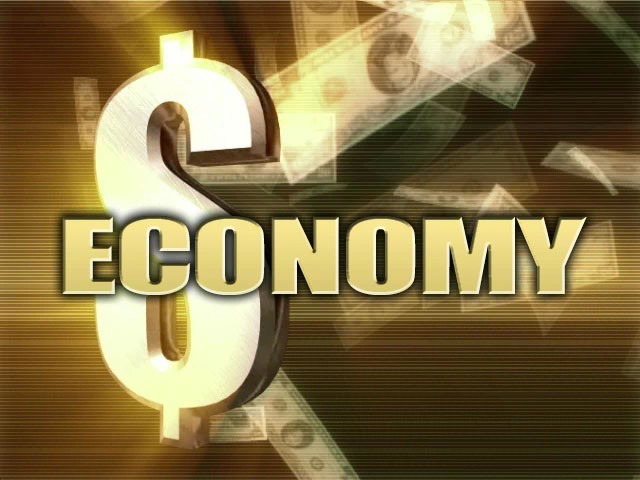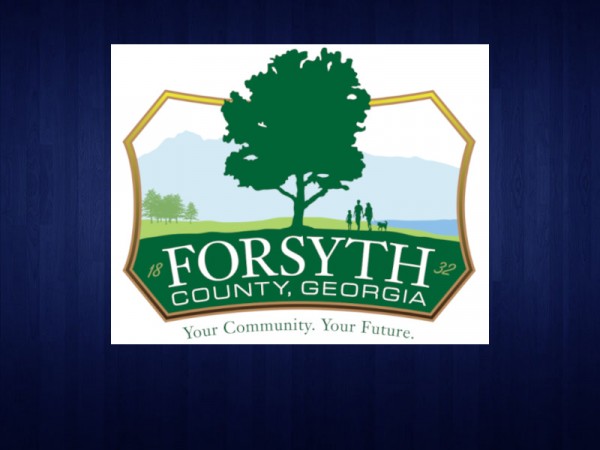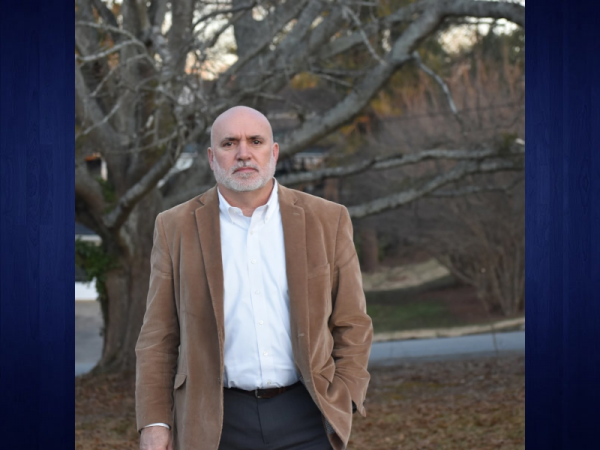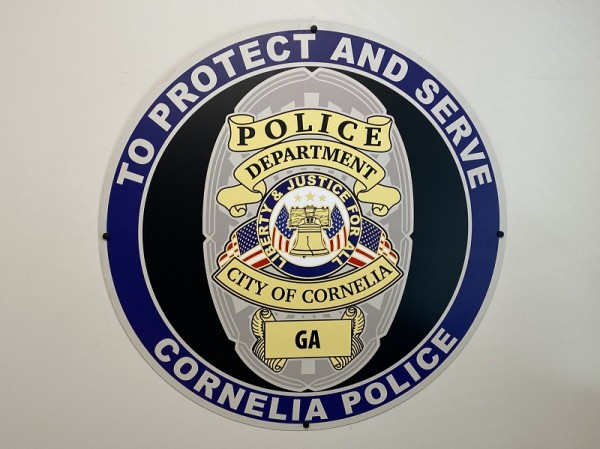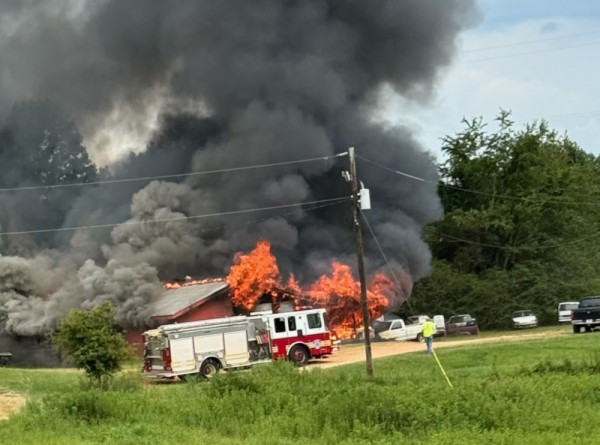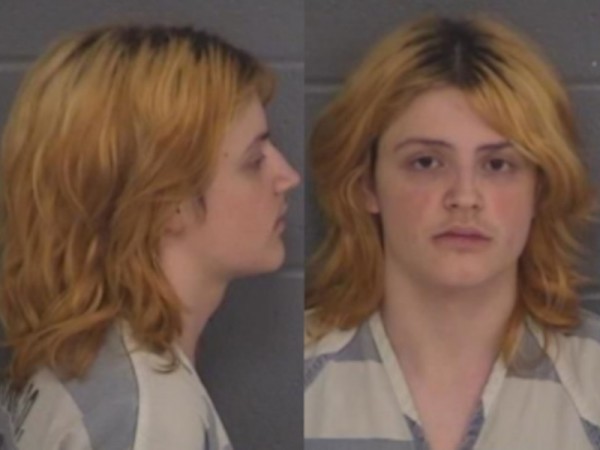WASHINGTON - Consumers put aside worries about slumping home sales and soaring gasoline prices and headed to the malls in November, pushing spending up by the largest amount in 3 1/2 years. The better-than-expected surge lessened fears of an imminent recession.
The Commerce Department reported Friday that consumer spending shot up 1.1 percent last month, nearly triple the October gain. It was the biggest one-month jump since a 1.2 percent rise in May 2004 and was significantly higher than the 0.7 percent gain analysts had expected.
Incomes were also up last month, but the 0.4 percent increase was far below the rise in spending. Consequently, the personal savings rate dipped back into negative territory as households spent savings and borrowed to finance November purchases.
Analysts attributed part of the spending to heavy discounting and longer store hours at the start of the holiday season by retailers worried that the all-important Christmas shopping period may not be as strong this year given the factors weighing on the economy.
Still, the strong November relieved some concerns that a recession might be looming.
"Consumers did their part in November, but we will see whether they are up to it for the full Christmas season and into next year," said Mark Zandi, chief economist at Moody's Economy.com. "Their financial fire power is fading due to the weaker job market, surging gasoline and food prices which cut into their purchasing power and the evaporating housing market."
On Wall Street, stocks surged, helped by the strength shown in consumer spending. The Dow Jones industrial average finished the day up 205.01 points at 13,450.65.
Consumer spending is closely watched because it accounts for two-thirds of economic growth. Many analysts said the unexpectedly strong November was causing them to boost their forecasts for overall growth this quarter.
David Wyss, chief economist at Standard & Poor's in New York, said he now believed the economy would grow at around a 1.5 percent rate in the current quarter, rather than his previous view that the gross domestic product growth might dip below 1 percent this quarter. He said he still felt GDP growth could slow to around 0.5 percent in the first three months of next year.
"We still think the first quarter of next year will be the weak spot," said Wyss. He said he still believed economic weakness would prompt further interest rate cuts by the Federal Reserve.
An inflation gauge tied to spending that is closely followed by the Fed showed a 0.6 percent increase in November, the biggest jump in more than two years, reflecting last month's big surge in gasoline prices. Excluding energy and food, prices were up 0.2 percent. Core inflation is up 2.2 percent over the past 12 months, above the upper range of the Federal Reserve's comfort zone of 1 percent to 2 percent.
Some analysts said this could put the Fed in a bind, especially if the combined blows from the housing slump and the credit crunch, do slow growth to near-recession levels at the beginning of next year. Fed officials worried about rising inflation may be less inclined to cut interest rates, the normal medicine for a slowing economy.
While the Fed has cut interest rates three times beginning in September, the last two rate cuts have disappointed financial markets because they were not as large as investors had hoped, in large part because of lingering Fed worries about inflation.
The Fed announced on Friday the results of a second $20 billion auction of loans to banks, a new process the central bank is using to combat the credit squeeze that has made banks less inclined to supply the loans the economy needs to keep growing.
The 1.1 percent rise in consumer spending followed a 0.4 percent rise in October. Excluding the effects of inflation, spending would have risen by 0.5 percent, the best showing for inflation-adjusted spending in 11 months.
After-tax incomes were up 0.3 percent in November, but after adjusting for inflation, incomes actually fell by 0.3 percent - on top of a 0.2 percent drop in October. Democratic presidential candidates who hope to make the economy an election issue have argued the weak income gains are the product of failed Republican policies.
With spending rising at a faster rate than savings, the nation's savings rate dipped into negative territory in November at 0.5 percent, the first negative savings rate in 15 months. That meant that households spent all of their incomes and either dipped into savings or borrowed to finance high spending last month.
Thursday
July 3rd, 2025
11:36AM


